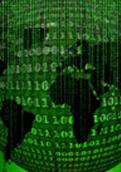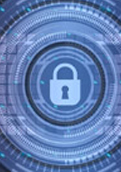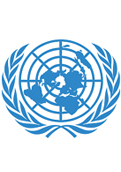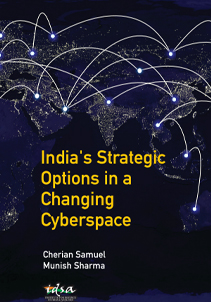Why Creating an Indigenous LTE Chipset is Such a Big Deal
India, the second largest smartphone market in the world, needs to encourage and incentivise its ICT industry to not only boost ‘Skill India’ and ‘Make in India’ initiatives but also provide cyber autonomy to its critical cyber assets.
- Ashish Chhibbar
- February 25, 2019













